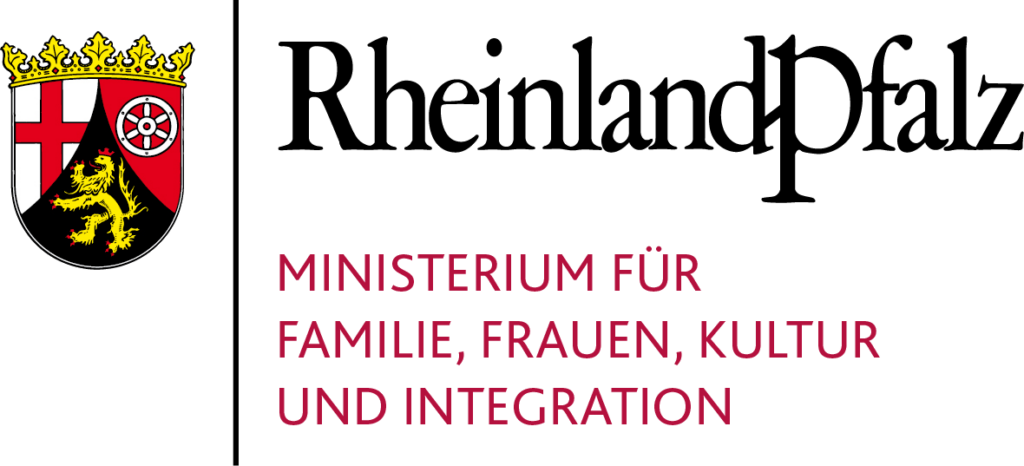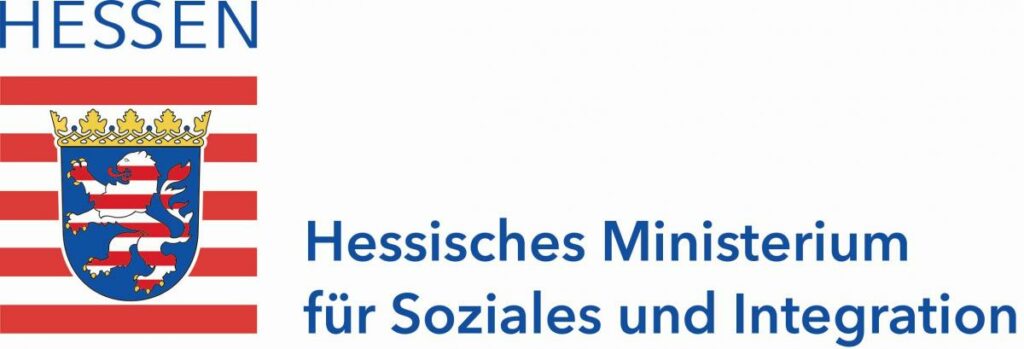The Migration Policy Research Group (MPRG) at the University of Hildesheim, headed by Prof. Dr. Hannes Schammann, has been dealing with the shaping of migration at various political levels for several years, with a particular focus on the scope for cities and municipalities to shape migration policy. It has networks with multiple actors from the field and long-standing contacts with various institutions at the state, federal, and EU levels.
The Research and Transfer Office for Migration Policy, headed by Dr. Danielle Kasparick, represents the MPRG’s interface between academia and practice. The Transfer Office aims to improve the exchange between science and practice in migration policy. To this end, local, regional, and national cooperation with representatives from politics and practice is being established, joint events and projects are being developed, and mutual exchange is strengthened through regular communication. The various formats aim, on the one hand, to prepare scientific findings in such a way that they can provide effective support for practitioners. On the other hand, they should serve to take up impulses from practice and feed them into science to advance practice-relevant research in the area of migration policy.
The Research Department Migration, Displacement and Integration (MFI) at the Friedrich-Alexander-Universität Erlangen-Nürnberg (FAU), headed by Prof. Dr. Petra Bendel, is dedicated to research and teaching on current topics in migration, displacement and integration research at the various political levels: global/international, regional, national and local. The team has broad national and international research networks and is also active in policy advice and knowledge transfer to policy makers and the media.
Located at the Institute for Political Science, the Research on Migration, Displacement and Integration also forms an important bridge to the topic of migration and human rights. Institutionally, the research projects are closely linked to the Centre for Human Rights Erlangen-Nuremberg (CHREN) and some, such as the “Match’In – Pilot project for the placement of asylum seekers and refugees with the help of an algorithm-based matching system”, are also located there.
The Software Systems Engineering (SSE) working group at the University of Hildesheim, headed by Prof. Dr. Klaus Schmid, works on methods and techniques to support the efficient development of high-quality software. The working group has many years of experience in application-oriented software development and has collaborated with various public institutions. The group’s work is based on innovative research and aims to develop methods and techniques for immediate application in technology transfer with our research and industrial partners. The group supports the Match’In project in developing an algorithm-based matching procedure based on AI experience from several successfully completed and currently active research projects.

The Rhineland-Palatinate Ministry for Families, Women, Culture, and Integration (MFFKI) thematically deals with children and youth and consumer protection, in addition to its namesake focal points.
Since 18 May 2021, the Ministry has been headed by Minister Katharina Binz, who took over from Anne Spiegel at the beginning of the new legislative period. In addition to the distribution of refugees from the state to the municipal level, the “Integration” department is also responsible for the legal supervision of the municipalities in Rhineland-Palatinate in connection with the implementation of the Asylum Seekers’ Benefits Act (Asylbewerberleistungsgesetz), which was transferred to them as a mandatory task of municipal self-administration.

The Hessian Ministry of Social Affairs and Integration, headed by Minister Kai Klose, deals with the future issues of our society. The guiding principle of Hessian integration policy is to recognize the diversity of society in our state and to offer citizens equal opportunities in their differences. We firmly oppose discrimination and racism. Successful integration policy requires openness on both sides – among those who come to Hesse and those who have lived here for years. Long-established residents and immigrants should find a good way to live together based on our constitution’s set of values. Learning the German language is also an essential component of participation in society. This issue will continue to be a central task of Hesse’s integration policy. It doesn’t matter where you come from, but where you want to go.

The Ministry of the Interior and Sport of Lower Saxony, headed by Boris Pistorius since 2013, is divided into six departments. To name a few areas, the Ministry is responsible for the state police, fire protection, and disaster control and performs the tasks of constitutional protection authority.
Another critical area of responsibility falls to the Department for Migration. The department deals with the initial reception of refugees, with questions and individual cases concerning the respective laws for asylum and residence, as well as with the distribution of refugees to the municipalities in Lower Saxony. The Ministry exercises technical supervision over the Lower Saxon municipalities and the Lower Saxon State Reception Authority in this area.

The Ministry for Children, Youth, Family, Equality, Displacement, and Integration (MKJFGFI) has been headed by Minister Josefine Paul (BÜNDNIS 90/DIE GRÜNEN) since 29 June 2022.
In addition to family, child, and youth policy, the concerns of people with multiple genders and sexual orientations (LGBTIQ*), as well as gender equality issues, the Ministry is responsible for “Foreigners and Refugees Affairs” and “Integration of People with an Immigration History”. The focus is on the reception and accommodation of refugees and their allocation to the state’s municipalities and on return management. Other tasks include promoting participation and equal opportunities for people with an immigration background in education, work, and society, immigration management, and communication with different religions and cultures.

eEvolution Vertrieb GmbH has been digitizing SMEs for over 30 years and has already shown great commitment to many digital projects in the region, such as the Hi-X-DigiHub. In addition, eEvolution is characterized by a high level of social commitment. The topic of digitalization is particularly close to the heart of Managing Director Alexander Schmidt, a graduate of the University of Hildesheim. This is why eEvolution was immediately enthusiastic about the project. As an expert in agile software development, he can contribute his experience perfectly to the implementation of the matching software and the algorithm developed by the university.
.